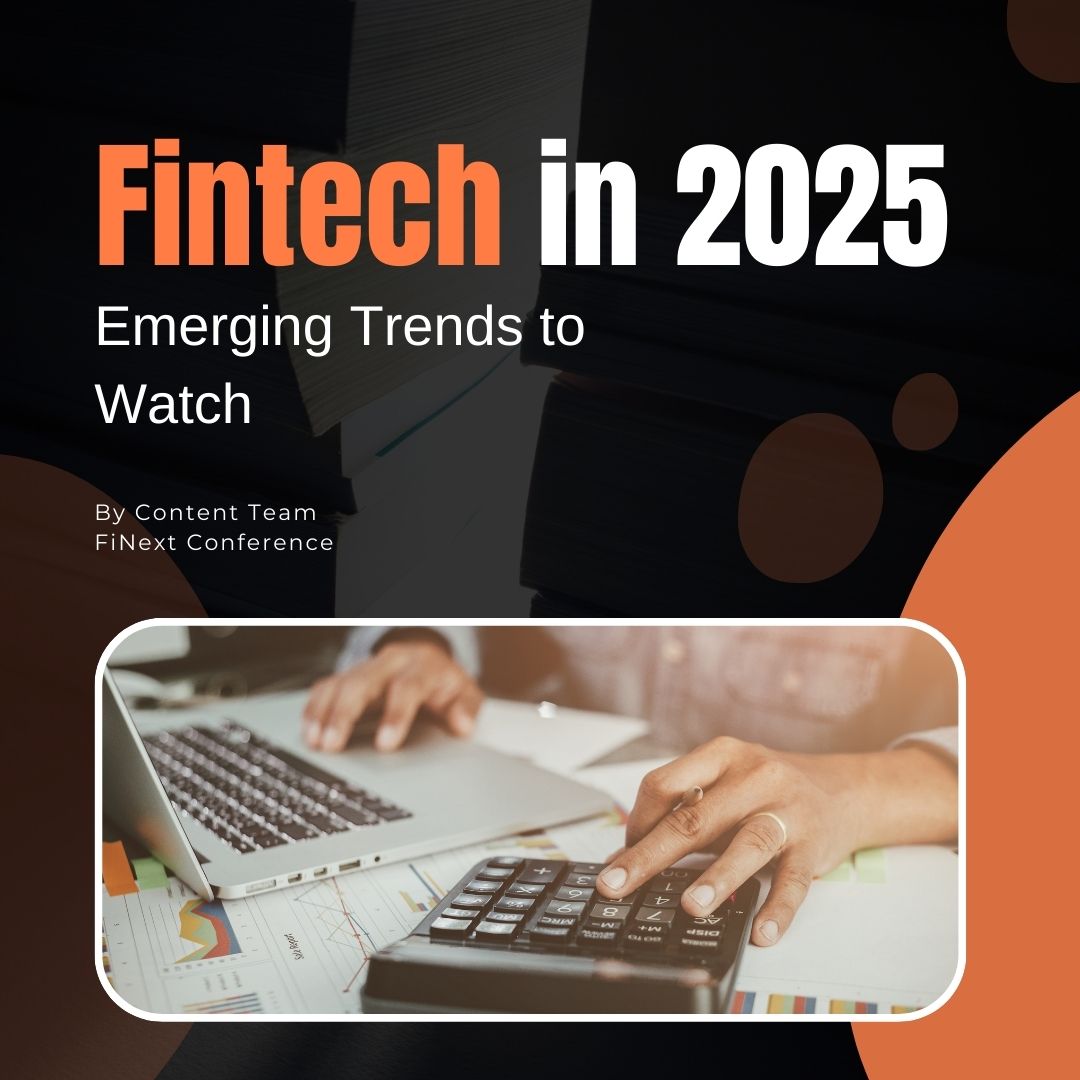As the financial landscape continues to evolve, 2025 is poised to be a landmark year for fintech. This rapidly growing sector is not just reshaping how we manage money; it’s also redefining the entire financial ecosystem. Whether you’re an industry professional, a business owner, or simply a tech enthusiast, here are the key trends in fintech you should keep an eye on in 2025.
Fintech Trends 2025
1. Decentralized Finance (DeFi) Maturation
Decentralized Finance, or DeFi, has moved beyond its experimental phase and is set to become a mainstay in the financial industry by 2025. With more robust infrastructure, enhanced security protocols, and a growing acceptance by regulators, DeFi platforms are expected to offer more comprehensive financial services, from lending and borrowing to insurance and asset management. The focus will be on interoperability between traditional finance and DeFi, paving the way for a hybrid financial ecosystem.
2. Artificial Intelligence and Machine Learning Integration
AI and machine learning have been buzzwords for years, but 2025 will witness their full integration into fintech operations. From customer service chatbots to sophisticated risk management tools, AI will play a crucial role in enhancing the efficiency and accuracy of financial services. Machine learning algorithms will also be increasingly used to personalize user experiences, offering tailored financial advice and investment opportunities based on individual behavior and preferences.
3. Central Bank Digital Currencies (CBDCs) Rollout
2025 is expected to be a pivotal year for Central Bank Digital Currencies (CBDCs). Several countries are already in the advanced stages of developing their digital currencies, and widespread rollouts are anticipated. CBDCs will offer a secure and stable digital alternative to cryptocurrencies, with the potential to revolutionize cross-border transactions, reduce costs, and enhance financial inclusion.
4. Embedded Finance
Embedded finance is set to become a major trend in 2025, with financial services being integrated into non-financial platforms. This means that businesses from various industries will offer banking, insurance, and payment services directly within their ecosystems. For example, e-commerce platforms may offer instant credit or insurance at the point of purchase, enhancing customer convenience and driving revenue growth for businesses.
5. RegTech and Compliance Automation
As regulatory requirements become increasingly complex, RegTech (Regulatory Technology) will gain prominence in 2025. Fintech companies will rely on advanced technologies like AI, blockchain, and big data analytics to streamline compliance processes, reduce regulatory risks, and ensure adherence to global standards. Automated compliance tools will be crucial for businesses looking to scale rapidly while maintaining robust governance frameworks.
6. Sustainability and Green Finance
Sustainability is no longer just a buzzword—it’s a priority. By 2025, fintech companies will be at the forefront of promoting green finance. Expect to see more fintech startups focusing on sustainable investing, carbon footprint tracking, and eco-friendly financial products. Green finance initiatives will attract environmentally conscious consumers and investors, driving the growth of sustainable financial products and services.
7. The Rise of Super Apps
The concept of a “super app”—a single app offering multiple services—will gain significant traction in 2025. Fintech companies are likely to expand their offerings to include a wide range of services such as payments, investments, insurance, and even e-commerce, all within one platform. This trend is particularly strong in Asia, but it’s expected to spread globally, with fintech firms looking to create all-in-one solutions for consumers’ financial and lifestyle needs.
8. Increased Focus on Cybersecurity
With the increasing digitization of financial services, cybersecurity will remain a top priority in 2025. Fintech companies will invest heavily in advanced security technologies such as blockchain, biometrics, and quantum cryptography to protect user data and transactions. The focus will be on proactive threat detection and prevention, ensuring that fintech platforms remain secure as they scale.
9. Financial Inclusion Through Fintech
Fintech is playing a crucial role in enhancing financial inclusion, particularly in developing regions. By 2025, expect more fintech solutions aimed at underserved populations, offering access to banking, credit, and insurance services through mobile platforms. The rise of digital wallets and micro-lending platforms will empower millions of people worldwide, fostering economic growth and reducing poverty.
10. Partnerships and Collaborations
The fintech landscape in 2025 will be characterized by increased collaboration between traditional financial institutions and fintech startups. Banks and fintech firms will partner to leverage each other’s strengths, combining the agility and innovation of startups with the scale and resources of established financial institutions. These partnerships will drive the development of new products and services, benefiting consumers and businesses alike.
Conclusion
The fintech industry in 2025 will be defined by innovation, collaboration, and a commitment to improving the financial well-being of individuals and businesses worldwide. As these emerging trends take shape, they will create new opportunities and challenges for stakeholders across the financial ecosystem. Staying ahead of these trends will be crucial for anyone looking to thrive in the ever-evolving world of fintech.
